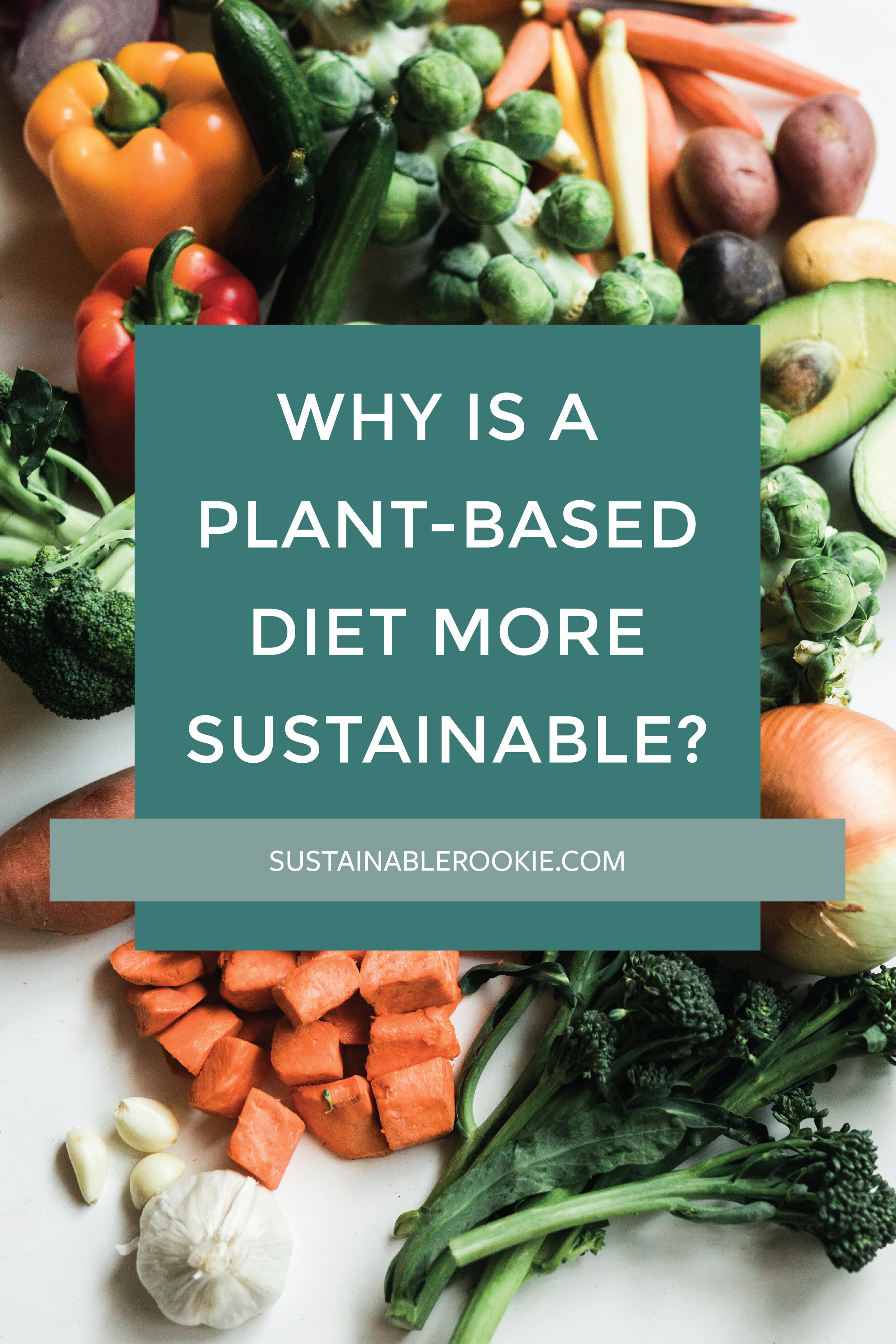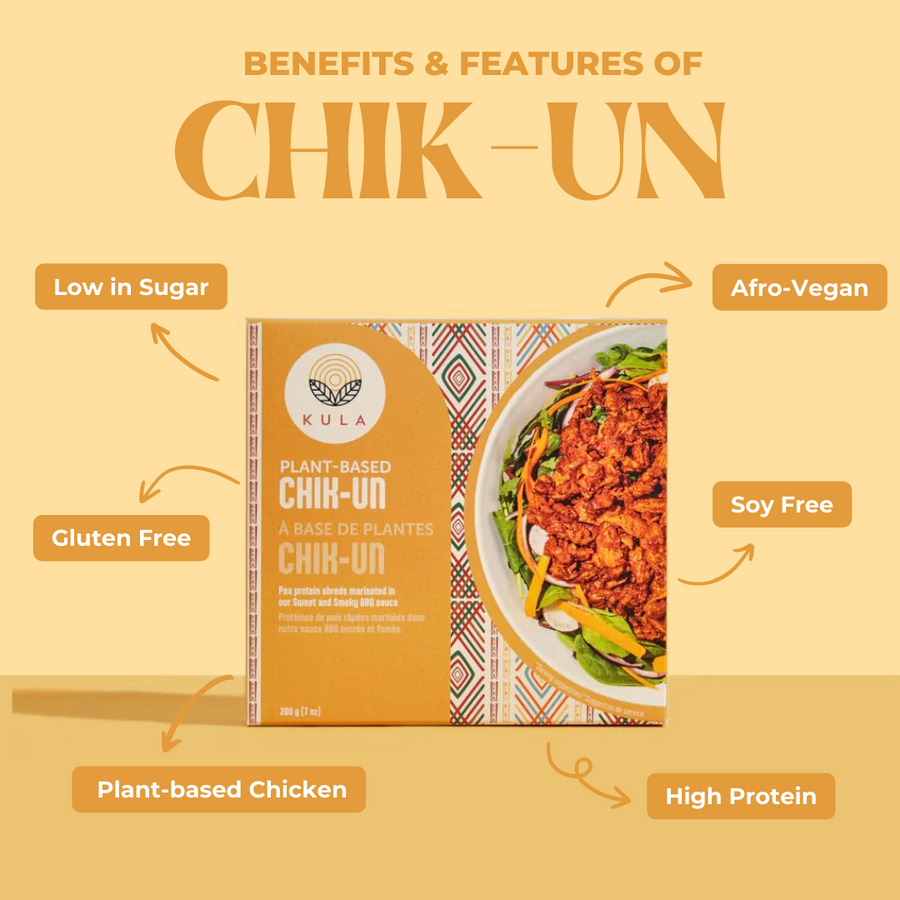A Beginner’s Guide to Cooking With Plant Based Chicken at Home
A Beginner’s Guide to Cooking With Plant Based Chicken at Home
Blog Article
Everything About Healthy Food: Benefits of Embracing Plant Based Options
The discussion surrounding plant-based diets has gotten significant interest over the last few years. Lots of individuals are exploring the possible health and wellness benefits, dietary benefits, and ecological impacts related to these dietary options. As people become much more knowledgeable about their food's influence on well-being and sustainability, questions emerge concerning the functionalities of embracing such a lifestyle. What specific adjustments can one expect, and how might these selections improve not only individual health and wellness but additionally the world's future?
Understanding Plant-Based Diet Regimens
Although several people associate plant-based diet plans primarily with vegetarianism or veganism, these diet regimens can encompass a wide variety of consuming patterns that prioritize entire, minimally processed plant foods. Such diet plans often include fruits, vegetables, whole grains, seeds, nuts, and legumes, while eliminating or restricting animal products. This versatility permits people to tailor their nutritional options according to dietary needs and personal preferences. Some may embrace a primarily plant-based diet plan while still periodically consuming meat or dairy, commonly referred to as a flexitarian method. The emphasis continues to be on integrating even more plant foods, which can lead to a diverse variety of flavors and meals. Recognizing these various analyses of plant-based eating is important for valuing its availability and appeal in contemporary food culture.
Health And Wellness Perks of Plant-Based Foods
The health and wellness advantages of plant-based foods are significant, providing a nutrient thickness advantage that supports total health. Research study suggests that these foods can improve heart health and play an important role in reliable weight monitoring. By including extra plant-based options, individuals might enhance their nutritional choices and promote lasting health and wellness.
Nutrient Density Benefit
Nutrient thickness plays a necessary function in the wellness benefits of plant-based foods, making them a compelling option for those seeking a balanced diet plan. Plant-based foods, such as fruits, veggies, legumes, nuts, and entire grains, are usually rich in necessary vitamins, minerals, and anti-oxidants while being reduced in calories. This high nutrient density permits individuals to take in fewer calories while still fulfilling their nutritional requirements. Additionally, these foods are loaded with dietary fiber, advertising digestive system wellness and assisting in weight management. By incorporating nutrient-dense plant-based alternatives, consumers can enhance their overall wellness, sustain their body immune systems, and reduce the threat of persistent conditions. Ultimately, the nutrient thickness of plant-based foods emphasizes their significance in a health-conscious lifestyle.
Heart Health And Wellness Enhancement

Weight Monitoring Support
Along with promoting heart health, a plant-based diet plan can significantly assist in weight management. This dietary method highlights whole foods such as fruits, veggies, legumes, nuts, and entire grains, which are normally lower in calories and greater in fiber contrasted to animal-based items. The high fiber content assists enhance satiation, reducing overall calorie intake. Moreover, plant-based diet plans are usually rich in necessary nutrients while low in unhealthy fats, making it simpler to maintain a healthy and balanced weight. Gluten Free BBQ Sauce. Research suggests that people that adopt a plant-based way of living often tend to have reduced body mass indexes (BMIs) and experience more successful weight reduction compared to those who take in meat-heavy diet regimens. Subsequently, embracing plant-based choices is a strategic selection for efficient weight administration
Nutritional Value of Plant-Based Components
Plant-based components are abundant in crucial nutrients, using a varied selection of vitamins, minerals, and antioxidants that add to total health. A comparison of healthy protein resources discloses that while pet products are frequently checked out as exceptional, lots of plant-based alternatives provide sufficient protein and various other useful compounds. Understanding the nutritional worth of these ingredients can assist people make educated nutritional selections.
Vital Nutrients in Plants
Nutrient-rich ingredients found in plants provide a diverse array of necessary minerals and vitamins that add significantly to overall health and wellness. These components are abundant in vitamins A, C, and K, which sustain immune function, vision, and blood clotting, specifically. On top of that, plants provide essential minerals such as magnesium, calcium, and potassium, crucial for heart wellness, muscular tissue function, and bone strength. The existence of fiber in plant-based foods help digestion and promotes a healthy and balanced intestine microbiome. Antioxidants, discovered generously in fruits and veggies, aid combat oxidative stress and anxiety and reduce swelling. Additionally, several plant foods are low in calories yet high in nutrients, making them an excellent selection for those seeking to maintain a healthy weight while ensuring excellent nutrient consumption.
Comparing Protein Resources
Healthy protein sources differ considerably in their nutritional profiles, with plant-based active ingredients offering special benefits. Unlike animal healthy proteins, which frequently include hydrogenated fats and cholesterol, plant healthy proteins tend to be reduced in these undesirable parts. Legumes, nuts, seeds, and whole grains are rich in vital amino acids, fiber, vitamins, and minerals. Lentils supply high protein web content together with significant iron and folate, while quinoa is a full protein, offering all 9 vital amino acids. continue reading this Additionally, plant-based healthy proteins are typically accompanied by anti-oxidants and phytochemicals that support total health and wellness. The change to plant-based protein resources not only boosts nutritional consumption however additionally lines up with lasting dietary techniques, decreasing ecological impact and advertising long-term health and wellness benefits.
Environmental Influence of Plant-Based Eating
As understanding of climate modification expands, many people are discovering sustainable nutritional choices that can substantially reduce their ecological impact. Plant-based eating has actually become a significant factor to lowering greenhouse gas emissions, which are mostly related to livestock manufacturing. The farming of fruits, grains, vegetables, and veggies commonly requires fewer resources, such as water and land, contrasted to pet farming. In addition, plant-based diets can result in reduced logging, as less land is needed for grazing livestock or expanding pet feed. By moving in the direction of plant-based options, customers can support biodiversity and promote healthier environments. On the whole, embracing plant-based eating not only benefits individual wellness yet additionally stands for a vital step toward environmental sustainability and preservation initiatives.
Conquering Common Misconceptions
While several people identify the advantages of a plant-based diet regimen, numerous misconceptions frequently discourage them from fully embracing this lifestyle. A common idea is that plant-based diet regimens do not have adequate protein; however, numerous plant resources, such as beans, nuts, and tofu, supply adequate protein. Additionally, some assume that this diet regimen is pricey, when actually, staples like beans, rice, and seasonal vegetables can be quite economical. Another misunderstanding is that plant-based eating is extremely restrictive, whereas it actually offers a varied range of tastes and foods. Numerous worry that a plant-based diet regimen may lead to deficiencies, yet with appropriate planning, people can obtain all essential nutrients, including minerals and vitamins, while taking pleasure in a broad selection of tasty dishes. Broad Tips for Transitioning to a Plant-Based Way of living
Making the shift to a plant-based way of living can be an enhancing experience, though it often needs some guidance to navigate the first changes. Initially, individuals are motivated to begin gradually, integrating even more fruits, vegetables, vegetables, and entire grains right into their dishes while decreasing meat and milk consumption. Meal planning is crucial; preparing a weekly menu can assist reduce the change and avoid final harmful choices. Exploring new recipes and cooking approaches can likewise boost the experience and maintain excitement about plant-based eating. Furthermore, signing up with assistance groups or neighborhoods can offer inspiration and share important ideas. Staying notified regarding nutrition guarantees well balanced meals, preventing deficiencies while promoting a healthy, gratifying plant-based way of life.

Delicious Plant-Based Meal Ideas
Discovering scrumptious plant-based article source meal concepts can influence individuals to embrace an extra healthy diet plan. One prominent option is a hearty quinoa salad, featuring cherry tomatoes, cucumber, and a spicy lemon-tahini dressing. Another fave is a mouthwatering lentil stew, loaded with carrots, celery, and aromatic herbs, ideal for a reassuring supper. For morning meal, over night oats made with almond milk, chia seeds, and covered with fresh berries provide a healthy beginning to the day. Additionally, a dynamic vegetable stir-fry with tofu and a selection of colorful veggies can be a quick yet satisfying dish. Lastly, velvety avocado toast on whole-grain bread, sprinkled with seeds and spices, offers a straightforward yet tasty treat. These meals showcase the range and splendor of plant-based consuming.

Often Asked Concerns
Can a Plant-Based Diet Give Enough Protein?
The inquiry of whether a plant-based diet plan can offer sufficient protein prevails. Many sources, including legumes, nuts, seeds, and entire grains, can meet protein needs effectively, supporting a well balanced and nourishing diet regimen for individuals.
Are Plant-Based Diet Regimens Appropriate for Kid?
The suitability of plant-based diet plans for youngsters depends on cautious preparation. Sufficient nutrients need to be assured, consisting of minerals, healthy proteins, and vitamins. With proper advice, such diet plans can sustain healthy growth and growth in kids.
How Do I Dine Out on a Plant-Based Diet plan?
Eating in restaurants on a plant-based diet includes looking for restaurants with varied food selections, asking for modifications, and exploring vegan-friendly alternatives. Planning in advance and communicating nutritional preferences can boost the eating experience while preserving nutritional choices.
What Are Typical Allergens in Plant-Based Foods?
Common irritants in plant-based foods consist of soy, gluten, nuts, and seeds - Plant Based Chicken. Individuals following a plant-based diet plan should be conscious of these irritants and review tags carefully to avoid negative responses and guarantee risk-free consumption
Can Plant-Based Diets Assist With Weight Loss?
Research study shows that adopting a plant-based diet plan see here may assist in fat burning due to its typically lower calorie thickness and greater fiber web content. This mix can improve satiation, aiding people manage their calorie consumption efficiently. Many individuals associate plant-based diets mainly with vegetarianism or veganism, these diet regimens can encompass a broad array of consuming patterns that focus on entire, minimally refined plant foods. Nutrient thickness plays a vital duty in the health benefits of plant-based foods, making them an engaging selection for those looking for a well balanced diet regimen. Plant-based diet plans have been shown to noticeably boost heart wellness, as they usually have components that support cardiovascular feature. In enhancement to promoting heart health, a plant-based diet regimen can substantially help in weight management. An usual idea is that plant-based diets do not have adequate protein; nonetheless, many plant sources, such as beans, nuts, and tofu, supply sufficient healthy protein.
Report this page